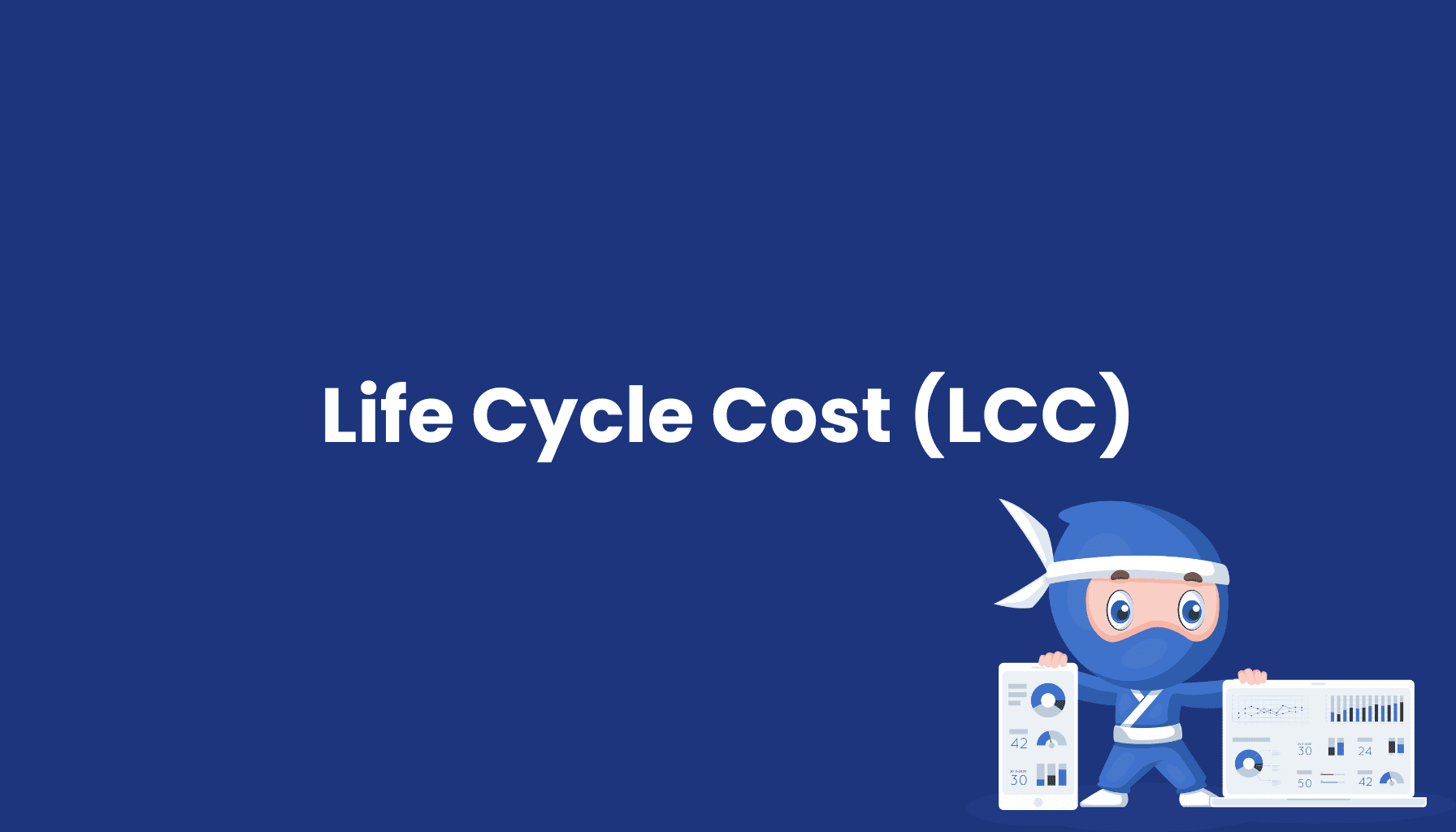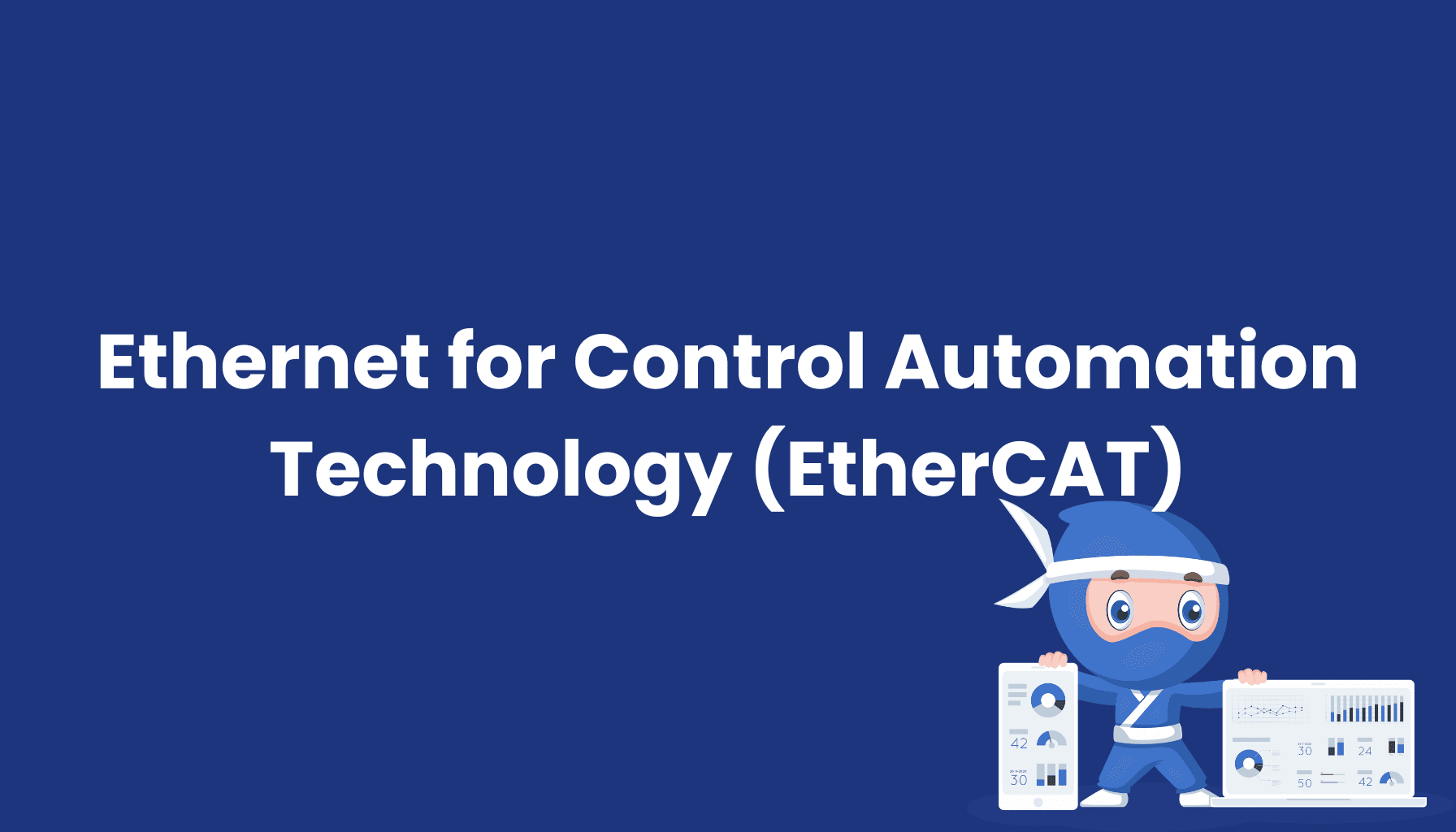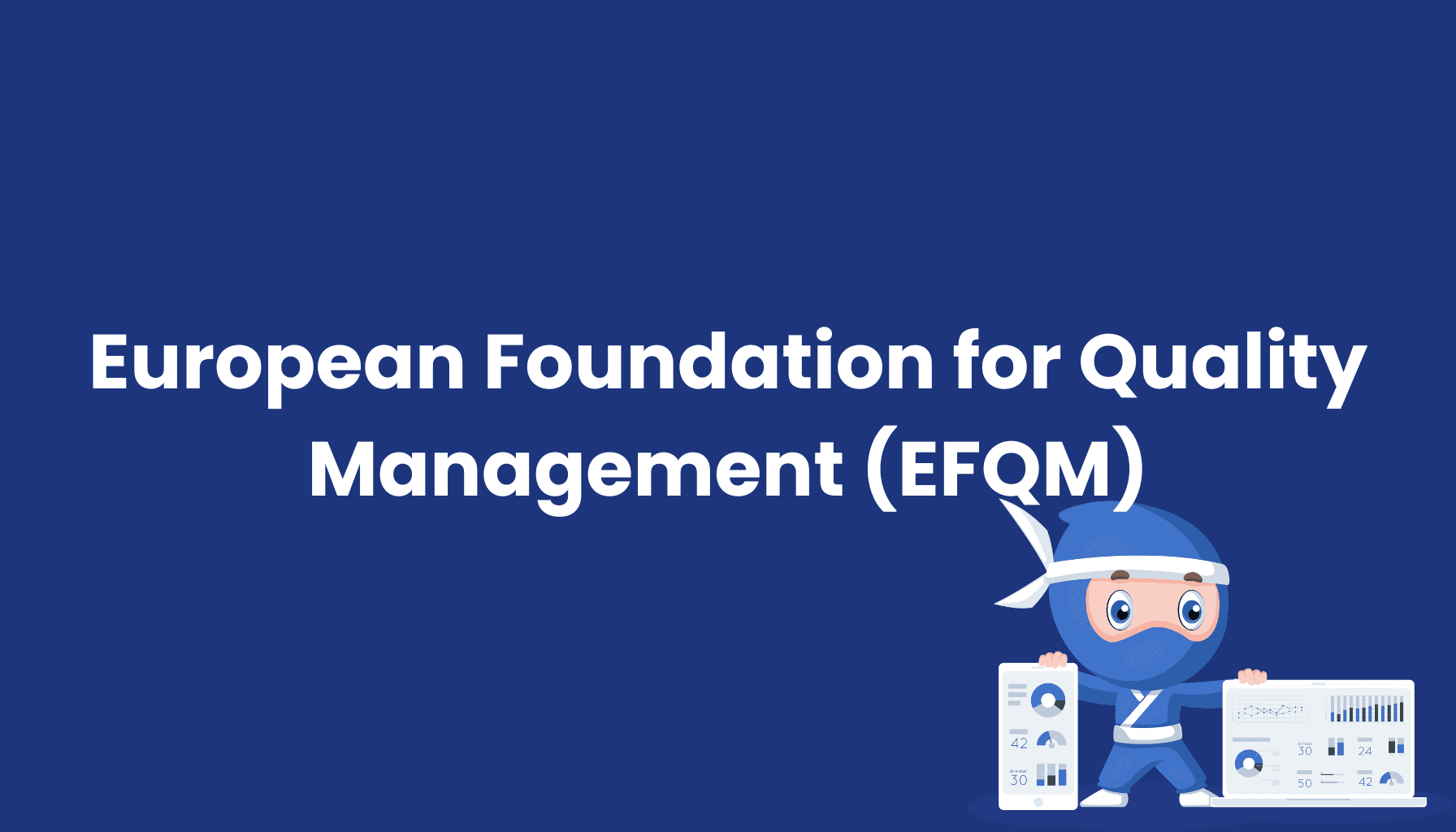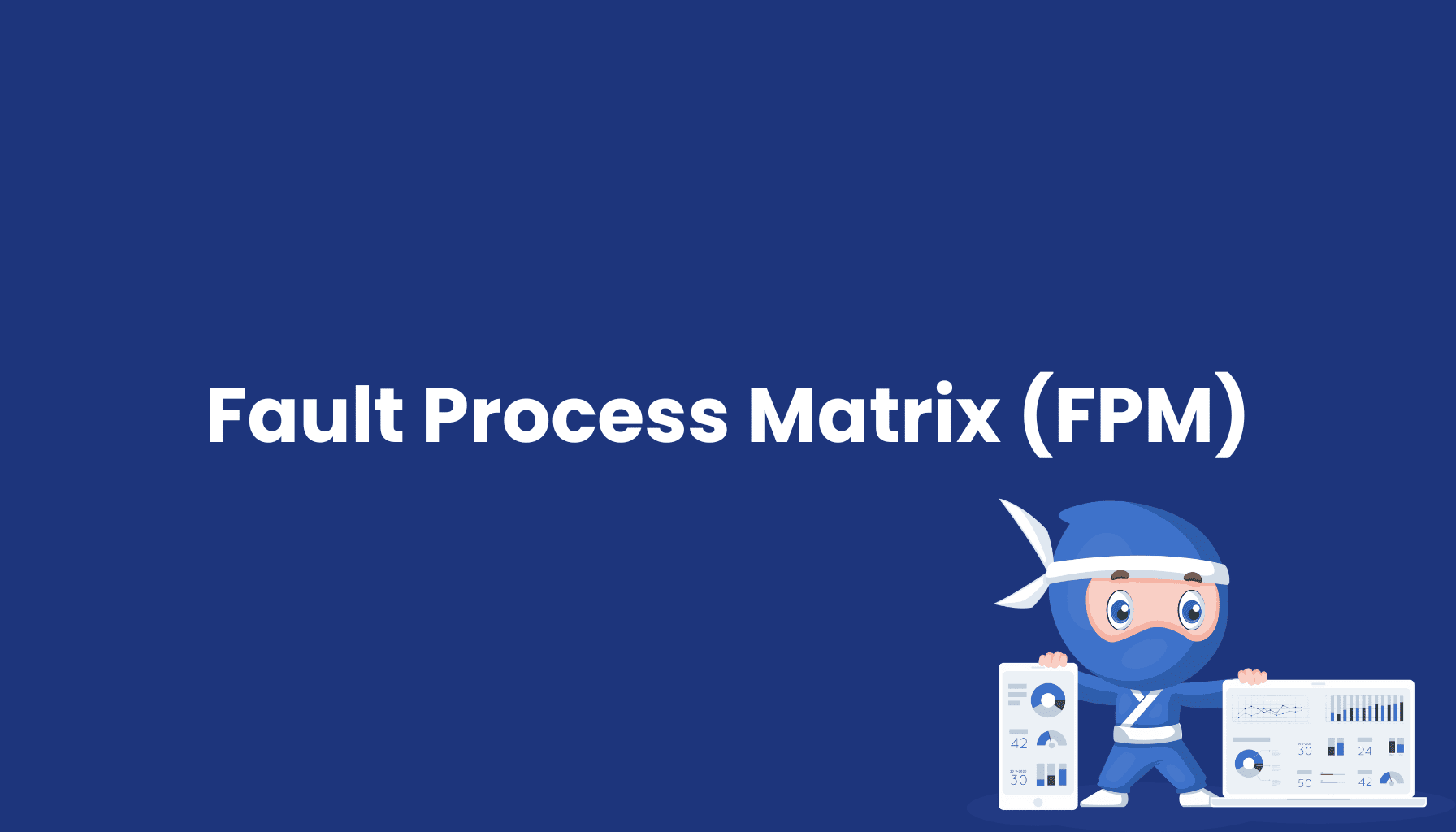Life Cycle Cost (LCC)

What is Life Cycle Cost (LCC)? Definition and Importance
Life Cycle Cost (LCC) refers to the total cost incurred over the entire lifecycle of a product or system. This includes not just acquisition costs, but also operation, maintenance, and disposal costs. The LCC approach helps companies gain a comprehensive view of the financial viability of a product, enabling more effective long-term financial planning.
Key Features of Life Cycle Cost (LCC)
-
Cost Estimation: LCC accounts for all costs during the product's life, including purchase, operation, and disposal expenses.
-
Economic Viability: The analysis helps assess the economic viability of a product by factoring in both initial and ongoing costs.
-
Cost Control: LCC aids in implementing cost control measures and improving budget planning based on total lifecycle expenses.
Benefits of Life Cycle Cost (LCC)
-
Cost Awareness: LCC enhances cost awareness, allowing companies to minimize financial risks.
-
Efficiency: It promotes the optimization of resource utilization and improves efficiency in operation and maintenance.
-
Economic Decisions: By considering long-term costs, LCC leads to more informed financial decisions, maximizing Return on Investment (ROI).
Application of LCC in Manufacturing
In the manufacturing industry, LCC is particularly valuable for analyzing the total cost of machinery and equipment. Cloud-native MES solutions from Symestic provide real-time data and allow for better control of lifecycle costs, contributing to efficiency gains and cost optimization.





